An episode that’s out of this world!
Here’s what’s in store for today’s episode:
In this episode, Matt and Angela explore the autistic coding in the sci-fi series The Orville and the role its showrunner, Seth MacFarlane, plays in shaping this representation.
Seth MacFarlane may be one of us—his intense special interests and strong sense of justice are hallmark autistic traits.
As MacFarlane's popularity in Hollywood grew, so did his willingness to speak out. He called out Kevin Spacey’s crimes before they were widely known to the public and also publicly condemned Harvey Weinstein.
Seth MacFarlane had a deep special interest in Star Trek: The Next Generation, even featuring its stars as guest actors in episodes of Family Guy. He aspired to be a showrunner for Star Trek: The Next Generation and pitched reboot concepts, but they were either denied or not picked up. While his 2017 show The Orville is technically unrelated to Star Trek, it feels like MacFarlane’s own take on the franchise.
Everyone on The Orville has a more or less direct counterpart in Star Trek: The Next Generation, with numerous interdimensional links and hidden Easter eggs woven throughout the show.
We explore the show's themes of gender identity, including the rampant misogyny within Moklin culture, where women are so despised that they are forcibly altered to become male. We also discuss the show's gay coding and its deeper implications.
Matt and Angela discuss how The Orville features many of the same cast members from Seth MacFarlane’s other projects, much like the signature casting styles of Tim Burton or David Lynch. They also touch on how MacFarlane’s Ted TV series is another standout work.
We discuss autistic pretty privilege and how Seth MacFarlane may be leveraging it to his advantage in Hollywood.
We explore the possibility that Seth MacFarlane uses monotropic focus to write The Orville and his other works, honing in on specific interests and themes with intense attention.
Our hosts talk about autistic-coded characters in The Orville, like Isaac, who displays autistic traits such as a focus on accuracy and a strong sense of self-awareness.
Season three of The Orville highlights Isaac's justice sensitivity, as he is ostracized and treated like a pariah for refusing to support genocide, in contrast to the rest of his race.
The move from Fox to Hulu proved to be beneficial for the show, allowing it to further explore social justice themes and highlight the autistic-coded traits in its characters.
The show features a character on Krill who manipulates a cult of personality to stir up frenzy against the Union, echoing the tactics of a certain orange man. Fox, with its religious ties, was hesitant to prioritize storylines like this, but after switching to Hulu, MacFarlane was able to dive deeper into these themes.
The show offers remarkable autistic-coded representation, with the Moklins and the Zileans being very by-the-book, Bortus and Klyden forming the perfect autistic-coded gay couple, and Seth MacFarlane’s showrunning tying all the autism representation together.
Finally, we discuss the upcoming season 4, which has been teased, and share our thoughts on what’s in store for the future of this incredibly autistic program.
“If you haven’t seen The Orville, if there’s anything that I can say to convince you to see The Orville - four words: Dolly Parton laser fight. It’s a thing that happens.” - Matt
“A lot of people consider autistic people to be devoid of social characteristics, but he [Seth MacFarlane] is very, very good at socializing. He’s very, very good at telling jokes. He’s very good at being open and himself.” - Matt
“I think when you add the hyper-connected brain and the smart and talented, people want to be around us, and then they’re around us for a few minutes and they’re like, ‘these people are fucking annoying. Let’s get them off the project and take full credit for their work. That’s it. If you are hearing this and a light bulb is going off, just know you’re normal. That’s part of our culture. They take our ideas and run with them and kick us off the project. But somehow, Seth stays in there. You go, my guy.” - Angela
Did you enjoy this episode? We talk about autistic coding in The Orville, the impact of monotropic focus, and how the show reflects themes of justice, gender identity, and more. In the comments, let us know what resonated with you, and use #AutisticCultureCatch to share your thoughts on social media and connect with other listeners!
Show Notes:
Seth’s Star Trek fan Film:
Related Episodes:
Follow us on Instagram
Find us on Apple Podcasts and Spotify
Learn more about Matt at Matt Lowry, LPP
Join Matt’s Autistic Connections Facebook Group
Learn more about Angela at AngelaKingdon.com
Angela’s social media: Twitter and TikTok
Our Autism-affirming merch shop



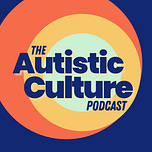

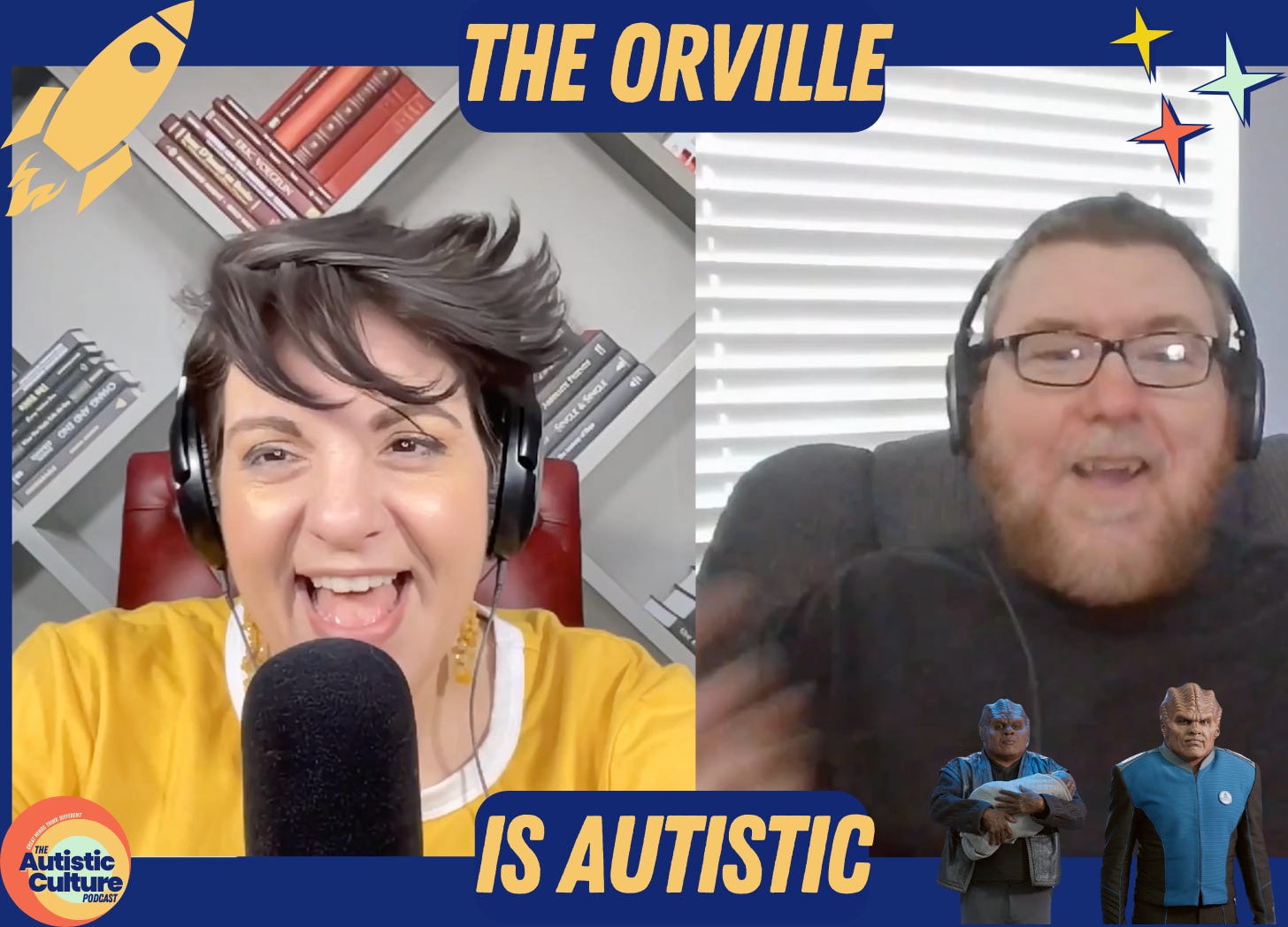


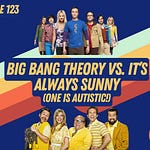


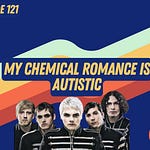

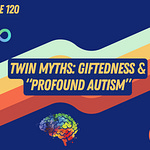
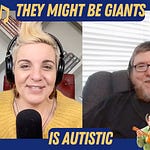
Share this post